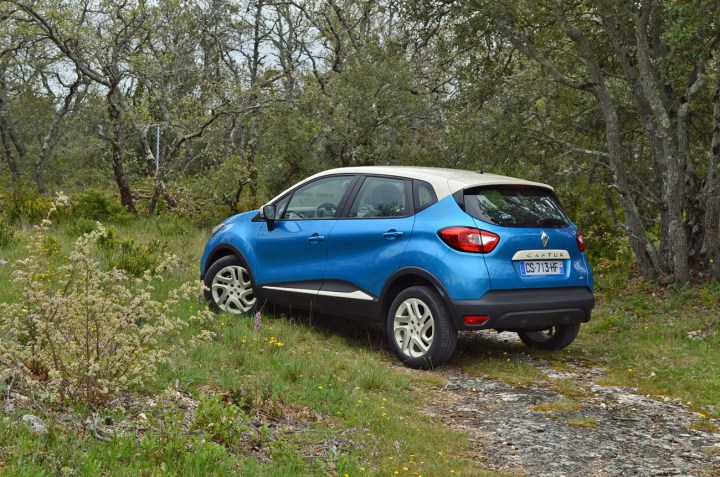
French television station BFM TV reports the recall that Renault is preparing to issue applies to 15,800 examples of the Captur (pictured), a popular compact crossover powered by a 1.5-liter four-cylinder turbodiesel dCi engine that makes 110 horsepower. Interestingly, no issues were found with the same oil-burner when it’s bolted under the hood of other Renault, Nissan, and Dacia models, and none of the affected crossovers have been sold yet.
The issue lies in the Captur’s exhaust gas recirculation (EGR) valve, a commonly-used device developed specifically to reduce exhaust emissions. In the Captur, the EGR valve doesn’t function the way it was designed to below 62 degrees F and above 95 degrees F, temperatures that are reached regularly in France. The defect was found in November after Renault uncovered a programming error, and the company has already recalled select models to fix it.
Media reports circulating around the world claim that an additional 700,000 cars need to be recalled in order to receive an emissions-related software update. A statement published by Renault vehemently denies these allegations, and the company points out that every vehicle it builds is fully compliant with the regulations that apply to the market for which they were designed.
Renault isn’t the only car maker that the French government has in its cross-hairs. According to officials, testing reveals that diesel-powered cars built by Ford, Mercedes-Benz, Toyota, Opel, Nissan, Fiat, and Suzuki also markedly exceed the levels of CO2 set by the Euro 6 norms. None of the companies listed have issued an official response to the allegations.




